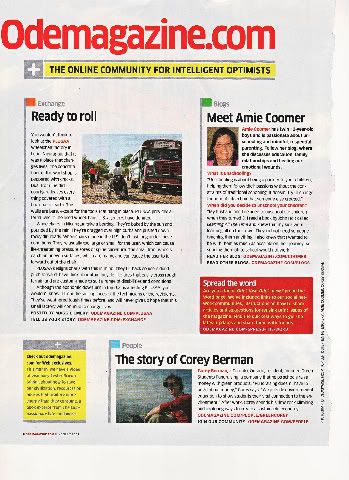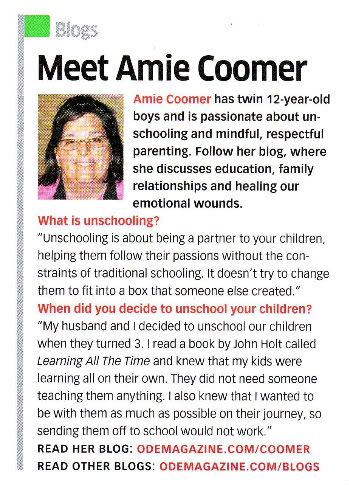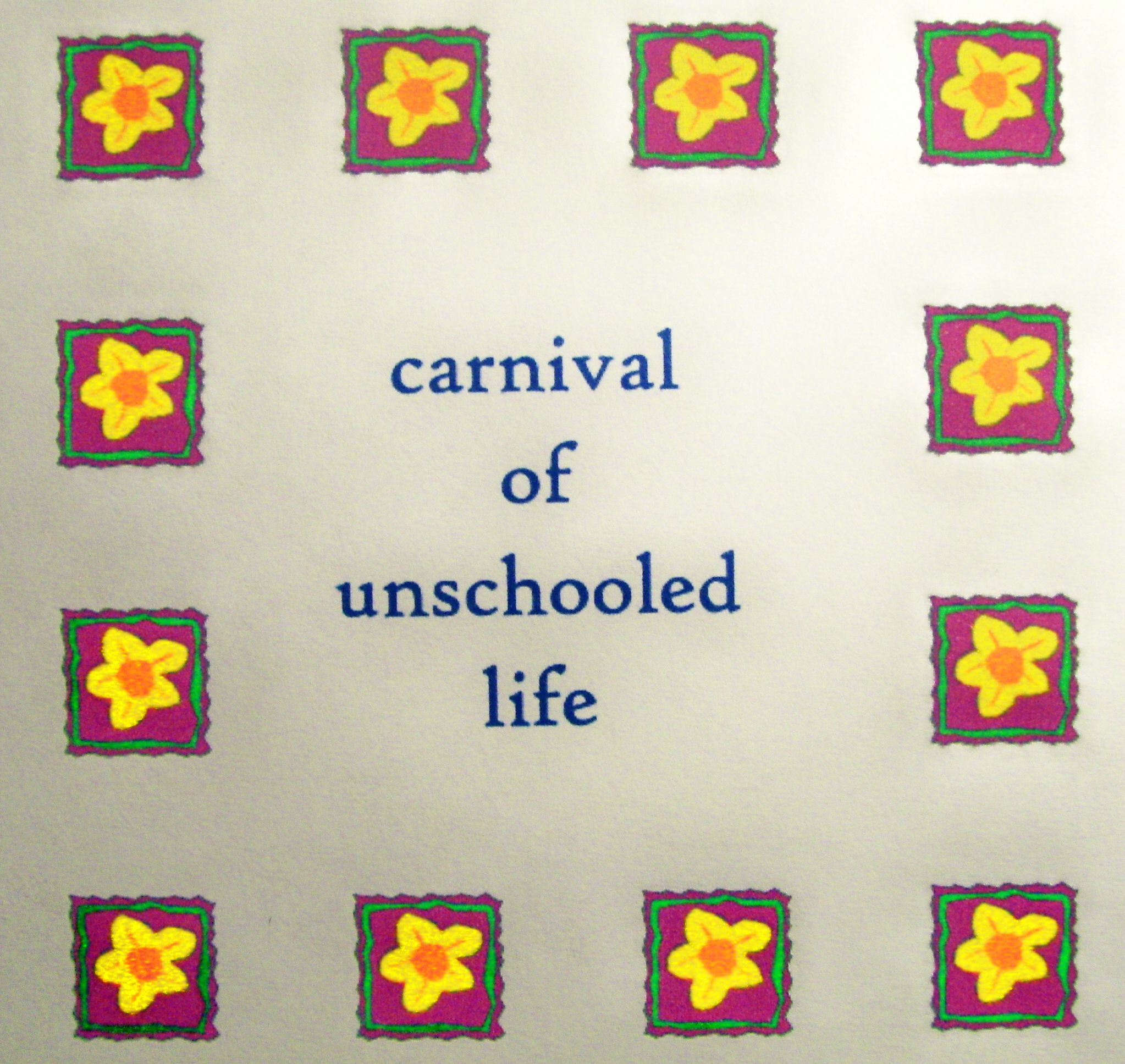The authors aren't homeschoolers or unschoolers, but they're writing about ways in which a culture can adopt and nurture ideas without really looking at them.
How did so many people for so long believe the earth went around the sun even when evidence to the contrary was available?
The books named thusfar (with some of the descriptions from the list, so those descriptions have to do more with this particular angle than about the book in general, and so I will link them to the Amazon site where there will be other reviews and comments):
Chaos James Gleick: This is talking about revolutionary new science but could refer to many things. newer edition; fewer reviewsThe discussion is here: http://groups.yahoo.com/group/AlwaysLearning/message/46054
p38.: To some the difficulty of communicating the new ideas and the ferocious resistance from traditional quarters showed how revolutionary the new science was. Shallow ideas can be assimilated; ideas that require people to reorganize their picture of the world provoke hostility. A physicist at the Georgia Institute of Technology, Joseph Ford, started quoting Tolstoy: "I know that most men, including those at ease with problems of the greatest complexity, can seldom accept even the simplest and most obvious truth if it be such as would oblige them to admit the falsity of conclusions which they have delighted in explaining to colleagues, which they have proudly taught to othes, and which they have woven, thread by thread, into the fabric of their lives"
This really reminded me of the reaction of many to unschooling when I read it.
The more I deschool, the more clearly I can see this, even with close friends and family who feel threatened by change.
If I recall correctly, Kuhn's The Structure of Scientific Revolutions is all about that, about scientists/thinkers being invested in certain belief systems, and how that affects their abilities to think and to do research, and to evaluate the research findings of colleagues. And so, progress is very, very incremental. Great big, new, different ideas are just too difficult to accept.
It's hard to consider that the earth goes 'round the sun if you are absolutely convinced the other way around.
That sounds like an interesting book that would go along with what I am reading now–Agnotology [The Making and Unmaking of ignorance] edited by Robert Proctor and Londa Schiebinger...What we don't know and why we don't know it. It's not one of those books about what you should have learned in school and didn't but more the control of information and the manipulation of information to create doubt and change history etc. It discusses military secrecy, Native American paleontology, female orgasm, global climate change, racial ignorance etc. Just finished the section on the tobacco industry. I'm getting into the military stuff. The military had information that it withheld from the public that would have helped confirm the theories on plate tectonics. It took some years for that information to become available for researchers. That was mentioned in Kuhn's book description that I just found on Amazon. Guess Kuhn's book needs to be next in line for me to read.
I haven't read that book, but it fits my view that science advances through attrition. Death. The old scientists defending their beliefs/worldview die and new beliefs are allowed to sprout in the minds of younger scientists.
I can see that being somewhat true, but as I read Agnotology I think it is even more complex than that. What areas get funding for research.... what is the monetarily favored areas to grow knowledge..... What falls out of fashion.....Who controls information.?I know some very complex knowledge of the people that lived before us is essentially lost. I'm think of some of the agricultural practices that worked very well in the Amazon mentioned in the book 1491:New Revelations of the Americas Before Columbus by Charles Mann. Some of this knowledge is being rediscovered, but I'm betting a lot more has been lost. I'm not sure that "science" is always advancing. It seems as if we are always losing previously well know information as we learn the new.? Our brains can only hold so much knowledge/information but I think our collective brains only hold so much knowledge/information to.
By the way 1491 made the history I learned in school seem like some weird
fabrication of reality and I think Agnotology will explain some of that.




